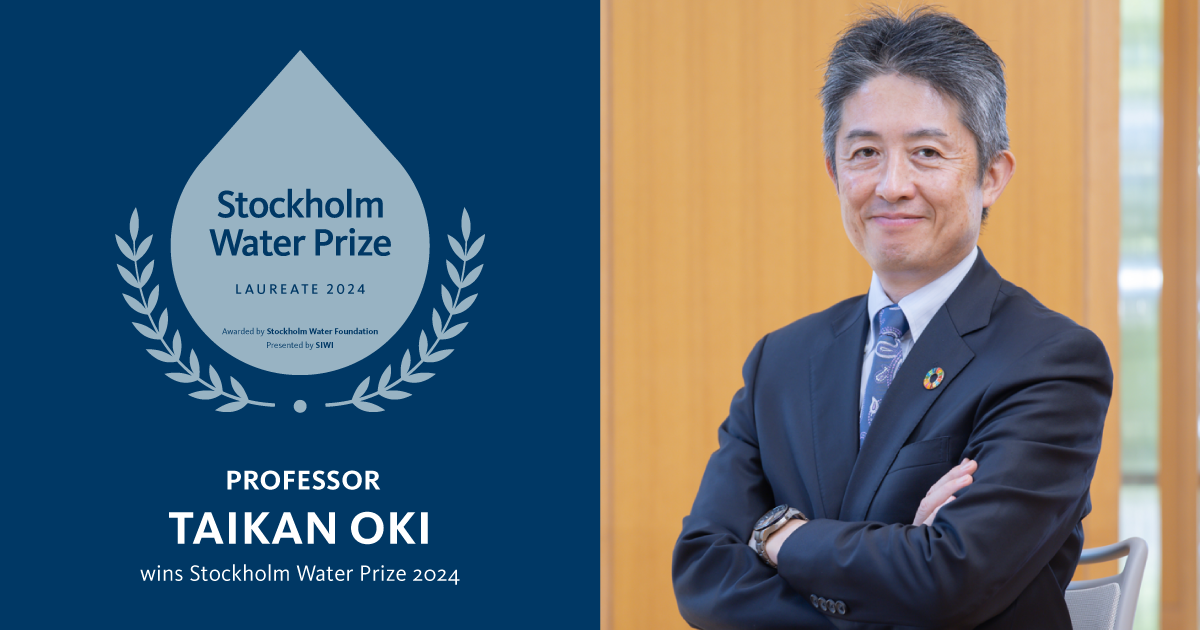Flushables Outreach: The Singing Sewermen
Most commercially available wipes products that are thicker and stronger than a piece of toilet paper are improperly labeled as “flushable”. However, these products are too strong to naturally disperse in wastewater before reaching water resource recovery facilities, often creating costly and disruptive blockages in collection systems.
Communicating the dangers of flushing wipes to customers is one of the most difficult — yet most important — public outreach priorities for wastewater professionals. To make these appeals more likely to stand out and make an impact, some utilities are injecting entertainment into their messaging around non-flushables.
In the U.K., creative wastewater professionals from Thames Water (London) and United Utilities (Warrington, England) are leading this effort with catchy musical numbers that educate the public about why they should only flush the “three Ps” — pee, poop, and paper.
The Singing Sewermen
The celebrated Singing Sewermen of Thames Water released their “debut single” in 2009 — a revision of the classic carol “God Rest Ye Merry Gentlemen.” They have since gone on to record several more hilarious, holiday-themed videos appealing to Londoners to avoid washing turkey grease down the drain during the Christmas season.
Ensuing videos — which helped influence more utilities to incorporate humor into their outreach — included variations of “Good King Wenceslas,” “Deck the Halls,” and “The Twelve Days of Christmas,” the latter of which was appropriately named “The Twelve Blockages of Christmas.” In 2012, the Sewermen even released an adaptation of “Gangnam Style,” called “Sewermen Style,” with lyrics such as:
We put our sexy suits on to clear a massive mound. We put our sexy boots on and head below the ground. The historic brick sewers under London are our hood. But so many people don’t treat them like they should. Yeah we’ve got Sewerman Style. Hey, sewer abusers (whoop whoop whoop). We’ve got Sewerman Style.
Rob Smith, the Sewermen’s “chief flusher,” is seen in the video dancing with the group in London’s streets and sewers. “We might not be the first to do one of these Gangnam Style videos, but we’re the first to do it this badly,” he said.
Joking aside, the Sewermen carry an important message: Grease and other nonflushable items such as wipes should not be sent down the drain or toilet. According to Thames Water, the utility spends £12 million ($13 million) a year clearing almost 80,000 sewer blockages, a problem that intensifies during the holidays.
“That’s why we’re hell-bent on getting people to take heed of the Sewermen’s war cry, ‘bin it — don’t block it,’” Smith said.
Can’t Flush This
United Utilities produced a music video called “Can’t Flush This.” The parody of M.C. Hammer’s 1990 hit “Can’t Touch This,” communicates the negative consequences of flushing items not intended to go down the toilet.
In the video, “MC Plumber” and his two assistants rap in a bathroom and breakdance outside while conveying the message that baby wipes, sanitary products, and cotton buds should be discarded in bins and not flushed. To emphasize this point, the video even shows a plugged, overflowing toilet.
Prior to creating its video, United Utilities conducted research on consumer perceptions related to misleading labeling of products that cause blockages and found that 82% of those surveyed thought it safe to flush items labeled as “flushable.” Wipes and other nondispersable items contribute to 53,000 blockage call-outs handled by the utility each year at a cost of £20 million, according to a United Utilities news release. With some nondispersable wipes being marketed as safe to flush, the utility determined that more needed to be done to raise awareness about the problem.
Related Areas
Latest News
Join or Renew Your WEF Membership Today
Connect with our community of water professionals who ensure that our local communities have access to clean water that protects public health. Explore our member benefits and find the membership type that’s right for you.


